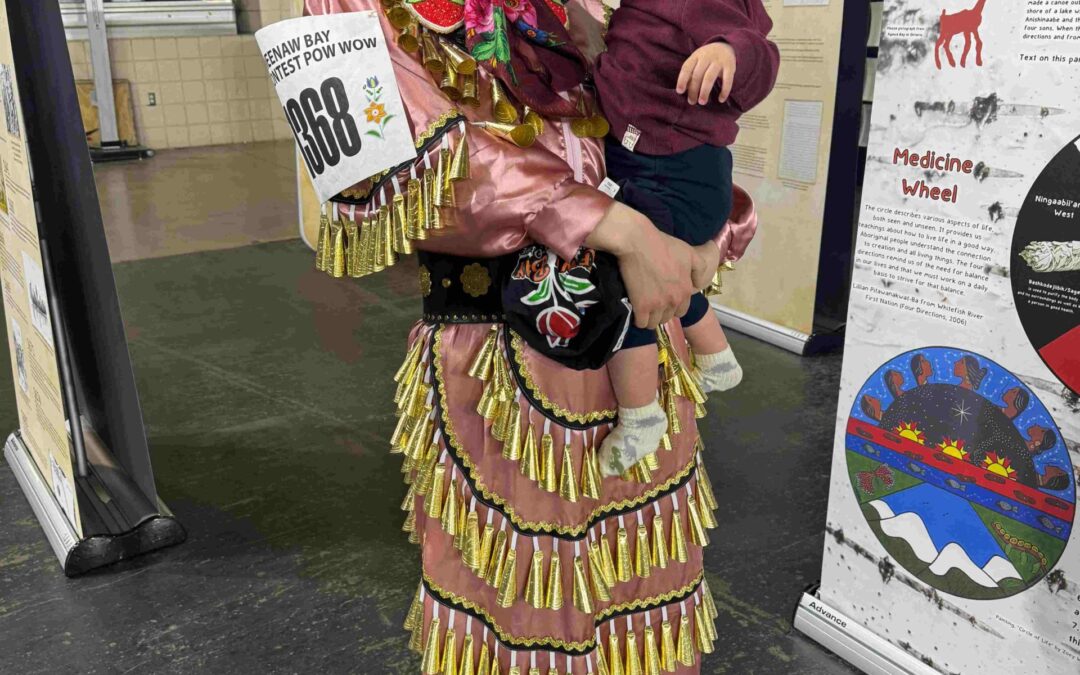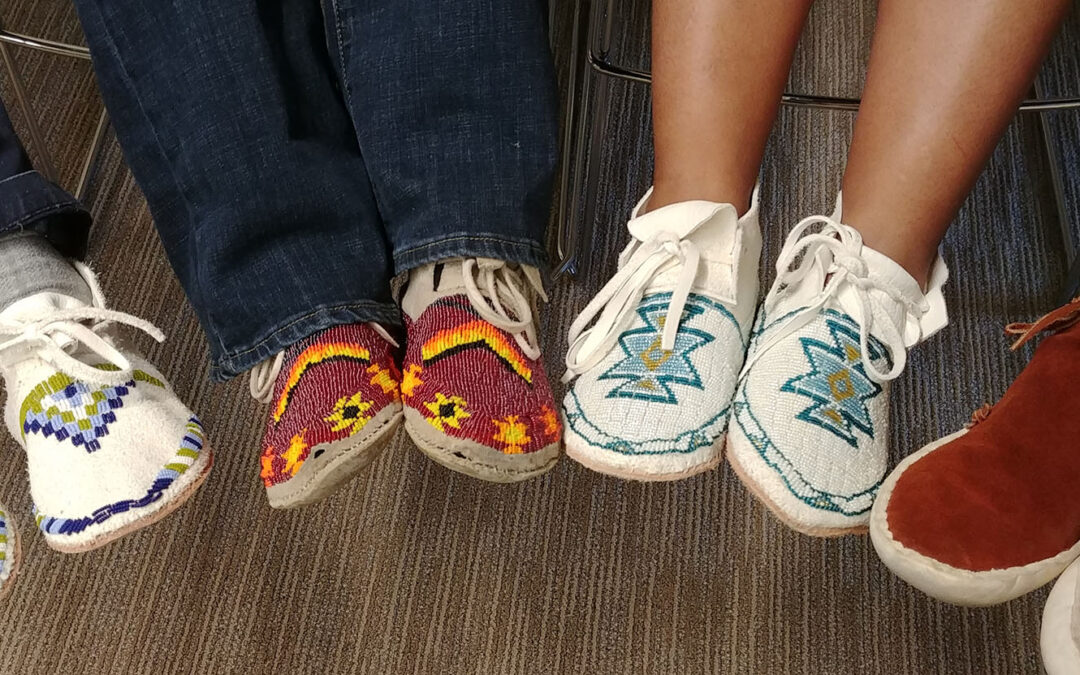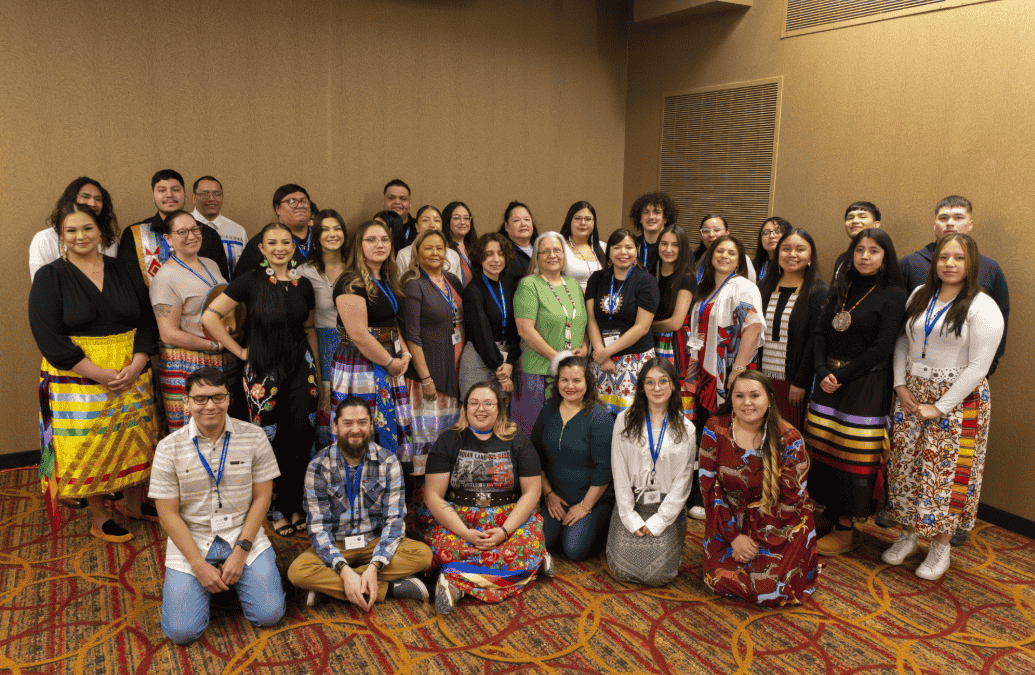A blog by Trinity Moran, Bay Mills Community College, Information Technology Systems Coordinator, 2024-2025 Indigenous Visionaries Fellow.


Tribal college presidents, faculty, staff, and other recent graduates are encouraged to show your support and post your throwback graduation regalia photos as we celebrate our students, our cultures, and our communities together!
The College Fund supports Tribal Colleges and Universities (TCUs) in their efforts to strengthen students, emergent leadership, education, language and culture, health and wellness, the environment, and so much more, all moving our mission of transforming Native lives and communities.

The American Indian College Fund honored 34 Tribal College and University Students of the Year and 35 Coca-Cola First Generation Scholars at a ceremony in Rapid City, South Dakota, recognizing their academic achievements and community involvement. Additionally, Dr. Carla Sineway, President of Saginaw Chippewa Tribal College, was named the 2024-25 Tribal College and University President Honoree of the Year, with support from the Adolph Coors Foundation and The Coca-Cola Foundation.
The American Indian College Fund selected Carla Sineway, President of Saginaw Chippewa Tribal College, as its 2024-2025 Tribal College President Honoree of the Year. This award is granted to a distinguished individual who made a positive and lasting impact on the tribal college movement.

The United Tribes Technical College (UTTC) Teacher Education Program released a series of videos to support program recruitment covering a wide range of topics and perspectives from current and past students, tribal elders, and education administrators. The program is funded by the American Indian College Fund (College Fund), through the Wounspekiya Unspewicakiyapi Native Teacher Education pilot program.
A coalition of Tribal organizations, representing Tribal Nations and their citizens and communities, is calling on the Administration to ensure that recent executive actions do not undermine the unique sovereign political status of Tribal Nations as sovereign nations with which the federal government has trust and treaty obligations, or disrupt federal funding that flows from those relationships for essential Tribal programs.